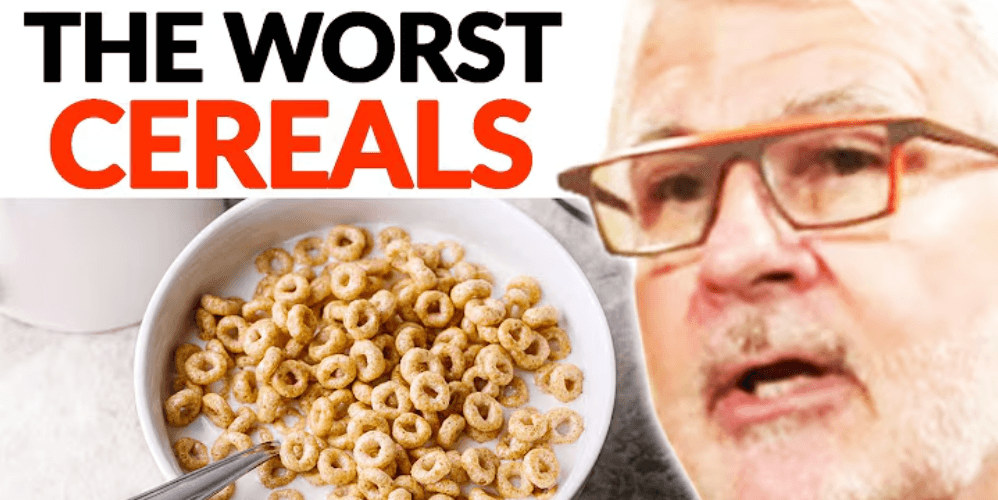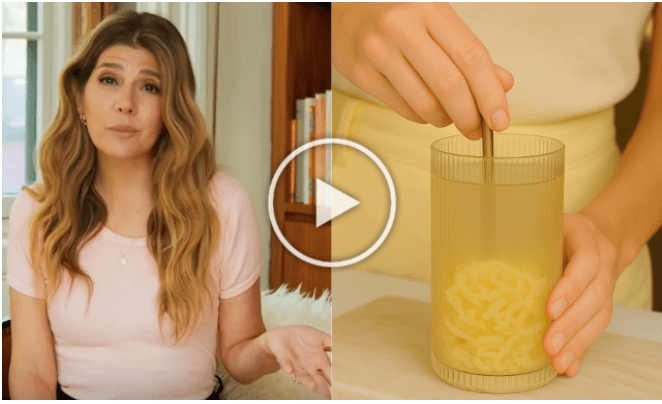Top 10 Foods to Eat After 50 For Being Healthy - Anti-Aging Benefits
As we age, our nutritional needs evolve. To maintain vitality and well-being, especially beyond age 50, it is essential to focus on foods that not only taste great but also provide numerous health benefits. In this article, inspired by a video from Healthy Habitat, we delve into the top 10 foods that can make a significant difference in the lives of those entering their golden years.
Oats are a simple yet powerful choice for anyone, especially those over 50. They are rich in fiber, which aids digestion and keeps you feeling fuller for longer periods. Moreover, they provide a blend of vitamins, minerals, and antioxidants that can help reduce the risk of heart disease, lower bad cholesterol levels, and stabilize blood sugar. Oats are incredibly versatile and can be easily incorporated into various meals.
Tiny but mighty, berries are rich in antioxidants that combat oxidative stress and inflammation—two major contributors to aging and disease. Consuming a diet plentiful in berries can delay mental decline, enhance skin health, and even offer protection against certain cancers. With high fiber and numerous vitamins, they are a superb heart-healthy choice.
Leafy greens are renowned for their abundance of vitamins such as A, C, and K. Vitamin K is crucial for bone health and wound healing. By consuming greens, you also ensure adequate intake of folate, which supports cell function and tissue growth. Additionally, the antioxidants in these greens help detoxify the body, reducing the risk of chronic diseases.
Salmon is a leading source of long-chain omega-3 fatty acids essential for heart and brain health. Regular consumption of this vibrant pink fish can reduce the risk of heart disease by managing triglycerides and blood pressure, while also lowering inflammation. It also provides vitamin D, especially essential in reducing bone density loss with age.
Often considered just snacks, nuts and seeds like flax seeds, walnuts, and chia are incredibly nutritious. High in monounsaturated fats, fiber, and omega-3 fatty acids, they aid in reducing bad cholesterol levels, enhancing brain function, and improving digestion. Moreover, their magnesium content can improve mood and sleep quality.
Olive oil, an integral component of the Mediterranean diet, is celebrated for its role in promoting heart health and longevity. It is loaded with monounsaturated fats and antioxidants, which combat inflammation and protect LDL cholesterol from oxidation. Emerging research suggests olive oil compounds might also protect against Alzheimer’s disease.
Known for its creamy texture and tanginess, Greek yogurt is strained to remove whey, yielding a protein-rich food. It is packed with probiotics supporting gut health, along with calcium and phosphorus, which sustain critical bone health as bone density decreases with age.
For those with a sweet tooth, dark chocolate provides not only a treat but also health benefits. Rich in flavonoids, it boosts heart health, improves blood flow, reduces blood pressure, and even enhances cognitive function. It may also offer some protection against UV rays, benefiting skin health.
Turmeric, a staple in Asian cuisine, owes its vibrant color to curcumin, a compound with strong anti-inflammatory and antioxidant properties. Curcumin’s effects rival some drugs, but without side effects. Some studies suggest it may also help reduce the risks of brain disease and heart complications.
The inclusion of these nutrient-dense foods into your diet can greatly support a vibrant and healthy lifestyle as you enter your 50s and beyond. For those seeking a supplement boost, Healthy Habitat offers recommendations available in the video description. Cheers to health and well-being!
From Around The Web
Wellness Inbox is a blog & weekly newsletter that curates trending news and products related to health and wellness from around the web. We also gather content from various sources, including leading health professionals, and deliver it directly to you.
Please note that we may receive compensation if you purchase any products featured in our newsletter. Wellness Inbox is not affiliated with, nor does it endorse, any health professionals whose content may appear in our newsletter. The information provided is for general informational purposes only and should not be considered medical advice.
The information provided is not intended to replace professional medical advice, diagnosis, or treatment. All content, including text, graphics, images, and information available is for general informational purposes only. We do not guarantee the accuracy or completeness of any information presented and assume no liability for any errors or omissions. The content is subject to change without notice. We encourage you to verify any information with other reliable sources and consult your physician regarding any medical conditions or treatments.







